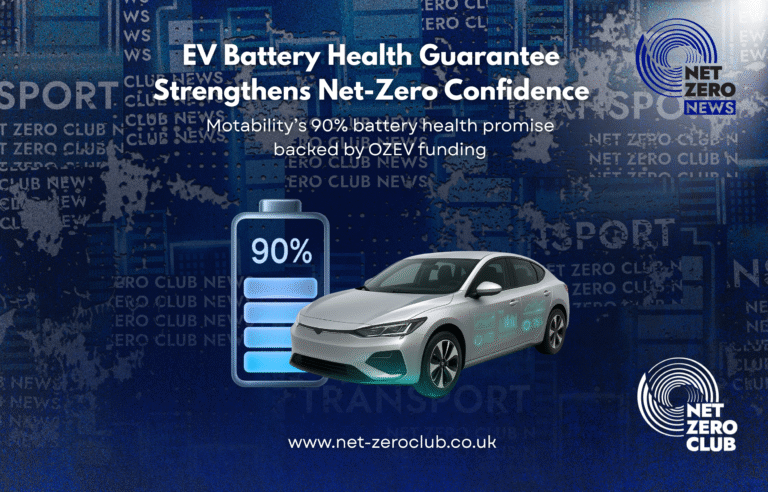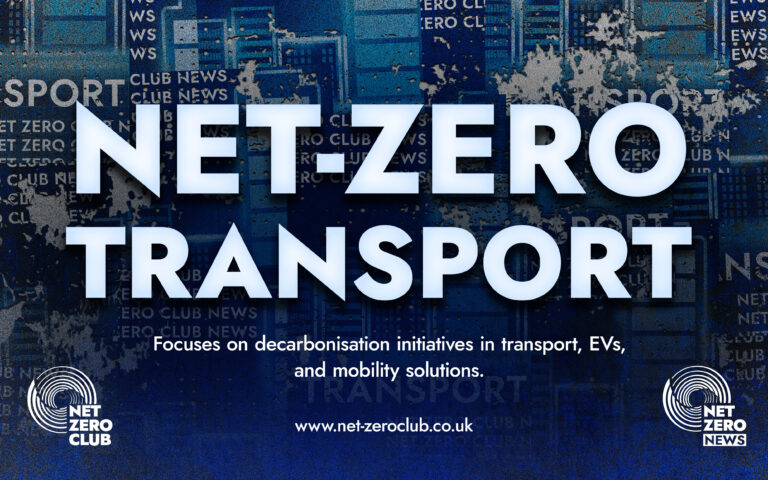Net Zero News: London Fire Brigade Deploys EV LGVs in UK Push

Welcome to Net Zero News, where we bring you the latest developments driving the UK’s transition to a net-zero future. In a significant step towards the UK’s net-zero goals, London Fire Brigade has rolled out its first fully electric large goods vehicles at its Operational Support Centre in Dagenham, marking a pioneering move in the emergency services sector.
Net Zero News can reveal that on 12 November 2025, London Fire Brigade unveiled two battery-electric 26-tonne rigid trucks, replacing diesel-powered vehicles historically used to transport essential equipment and supplies. The new vehicles, deployed at the Brigade’s Operational Support Centre (OSC), will serve all 100 stations across the capital, delivering kit ranging from breathing apparatus to hydraulic rescue tools.
The initiative builds on the Brigade’s overarching sustainability strategy, which aims to halve its operational carbon footprint by 2030 in line with the Mayor of London’s climate action plan. The electric LGVs boast a 120-mile range on a single charge and are equipped with rapid-charging technology, allowing a full refill in under two hours. Crucially, the vehicles have been customised to meet the stringent demands of firefighting logistics, including reinforced chassis and specialised payload compartments.
By transitioning to electric heavy vehicles, London Fire Brigade is addressing one of the more challenging segments of road transport to decarbonise. Freight and utility fleets account for nearly a quarter of transport emissions in London, and heavy-duty vehicles present higher technical hurdles in terms of battery size, weight distribution and operational uptime. These electric LGVs demonstrate that zero-emission solutions can be scaled to meet the exacting requirements of critical public services.
This development matters because it not only reduces carbon dioxide emissions by an estimated 50 tonnes per vehicle each year, but also cuts local air pollutants such as nitrogen oxides and particulate matter. Cleaner fleet operations will improve air quality in densely populated boroughs, benefitting communities often exposed to elevated roadside pollution. Moreover, the operational savings from lower maintenance and energy costs are expected to free up precious budget for frontline fire and rescue services.
The project has been supported by the Department for Transport’s Zero Emission Road Freight Trials, which contributed £1.4 million towards vehicle acquisition and charging infrastructure. Transport for London, working alongside the Greater London Authority, provided an additional £600,000 to install two 180kW rapid chargers at the OSC. Vehicle supply and aftercare delivery have been managed by a partnership between British electric truck manufacturer Tevva and local charging specialist Gridserve.
London Fire Brigade’s move aligns with the UK government’s Road to Zero strategy and the Fire and Rescue Service’s National Framework, positioning emergency services at the forefront of public sector decarbonisation. Net Zero News understands this forms part of a broader commitment across Metropolitan and county fire services to retrofit appliance fleets and upgrade estate energy efficiency under the Public Sector Decarbonisation Scheme.
Industry and community stakeholders have welcomed the rollout, citing potential ripple effects across private logistics companies and municipal services. Electric heavy vehicles remain a nascent market segment, and early adoption by high-profile public bodies can drive down costs, spur competition and encourage infrastructure investment. Local residents and businesses near the Dagenham OSC have already reported a noticeable drop in noise pollution during early-morning and late-night loading operations.
Looking ahead, London Fire Brigade plans to evaluate the performance data over a 12-month monitoring period, assessing vehicle utilization, charging patterns and lifecycle emissions. A decision on expanding the electric fleet beyond the initial two LGVs is expected in early 2027, with further trials of medium-duty electric vans and battery-swapping technologies under consideration. Successful deployment could pave the way for a fully zero-emission support fleet by 2035.
—
Net Zero News is powered by the Net Zero Club.
Join the UK’s fastest-growing net-zero community.
Upcoming Events:
– Net Zero Scotland Projects Conference
– Net Zero Nations Projects Conference
Got a net-zero project to share? Email: lee@net-zero.scot
—

 Got net-zero news, project updates, or product launches to share?
Got net-zero news, project updates, or product launches to share? 




